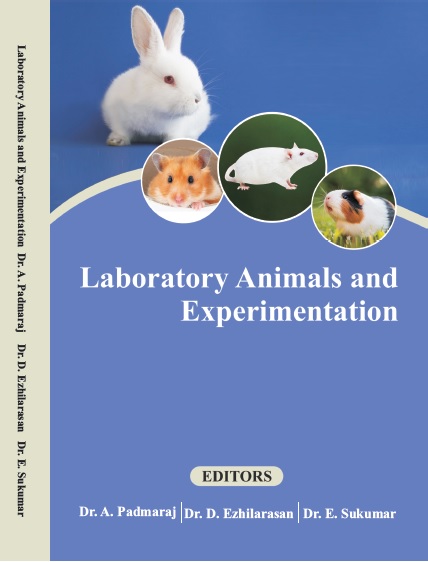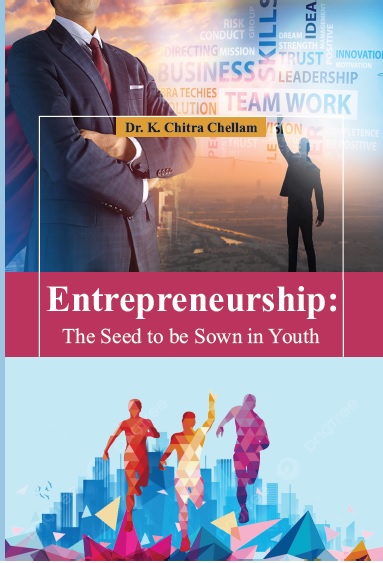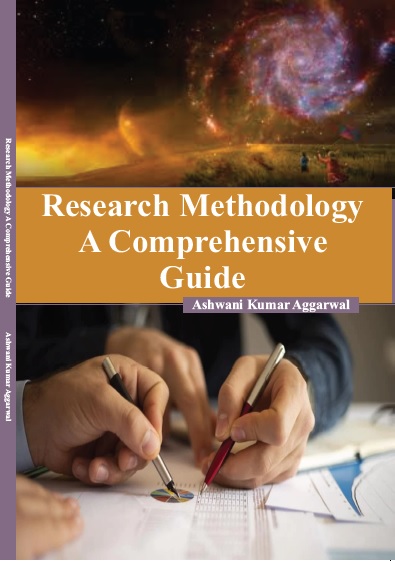SOCIAL SCIENCE AND HUMANITIES
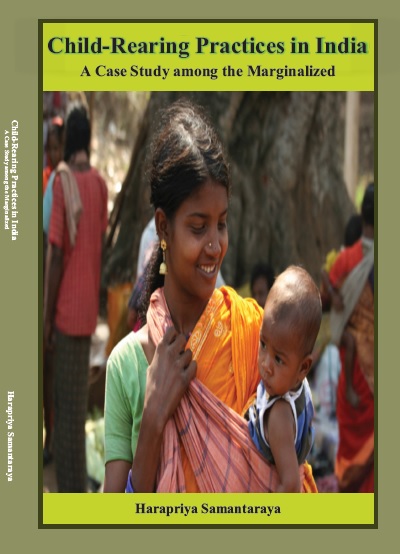
Child-rearing Practices In India A Case Study Among The Marginalized
by Harapriya Samantaraya
ISBN Number : 978 - 1- 73028 - 023 - 8
Authors Details
| Author Name | Image | About Author |
|---|---|---|
| Harapriya Samantaraya | 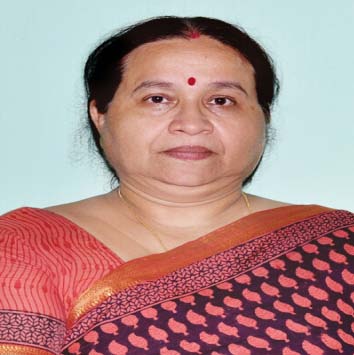 |
Dr.Harapriya Samantaraya did her Honours in Home Science from
Berhampur University. She acquired her P.G., M.Phil., and Ph.D. from
Sambalpur University, Odisha, and D.Litt. from Ranchi University,
Jharkhand. To her academic credentials, she has many research papers
mostly center around food, nutrition and maternal and child health
published in National and International journals of repute. Her
participation in many National and International seminars on development
issues and workshops on women managers/administrators/principals gave her a unique identity. She
started her professional career as a faculty in Home Science while shouldering the responsibility of
building the institution in the capacity of the Principal-cum-Secretary of Governing Body of the
nascent Women's College Padampur in West Odisha. Since 1991, she has been imparting knowledge
and training at Honours and Post Graduate level while remaining engaged in co-curricular and extracurricular
activities holding positions like NSS Coordinator and Academic Bursar in I.G. Women's
College, Cuttack, India. Dr.Samantaraya was a member of Board of Studies, Academic Council and
Senate of Sambalpur University for many years. Presently, she is serving at Berhampur University as
Reader in Home Science for more than a couple of years while looking after Hostel administration of
three ladies hostels and acting as the coordinator of Equal Opportunity Cell. She guided a number of
scholars for Ph.D. and M.Phil. successfully. |
Book Description
The book is all about the biocultural dimension of child-rearing practices among the marginalized communities of West Odisha.Exposure to the skill of child-rearing practices might help the concerned researchers and development personnel to know about the problems and prospects of maternal and child health at the grassroots. Thus, the purpose of this book is to generate awareness about general problems and techniques to overcome difficulties and help people fight against the ethnocentric ideas on childcare.The book intends to help students, researchers, teachers and the service providers like nutritionists, doctors, nurses, extension workers,Government and non- Government developers to understand the background of the community concerned and to prescribe culture befitting scientific approaches on mother and childcare as basics of human well-being. This is a fact that no culture is superior to other cultures. Apart from the general understanding of child-rearing practices, this book raises the awareness of sanitation and personal hygiene, breastfeeding and weaning. It describes the consequent growth of children of the marginalized. Keeping in mind the constraints and opportunities, it offers a few suggestions for better health of the mother and the child. The nutritious weaning food for children based on the locally available resources has also been prescribed. Thus, this would help the developers, policy-makers, health providing agencies. People's health priority and health culture, the uniqueness and similarity existing between socio-economically deprived and disadvantaged populations have also been analyzed in this book. The Government's health interventions data in form of programs and services share a substantial portion of this volume. It is known that 'Home' is beyond house and households weighed down with bio-psychic and social interactions between members of the community. The sample was taken from West Odishan Villages from Scheduled Tribe(ST),Scheduled Caste (SC), and the General caste offers the comparative status in child-rearing practices and as well as growth pattern. The book can work as a ready reference for concerned academicians, planners and extension workers, pediatricians and researchers. The references from reports, books, published research papers and proceedings and even the reliable news clipping and web-browsing have been given due weight. Home Science being an inclusive multidisciplinary subject, the finding of this study, I am sure, would provide insights to all the concerned individuals. It covers one of the major areas of Home Science course curriculum taught in Indian Universities and Institutes. Through empirical investigation, it identifies the relevance of the discipline in fields on child-rearing practices among the marginalized ethnic groups derived from ST, SC, and other backward class (OBC) in terms of their perception, belief system, behavior on the basics of food and nutrition required for the child growth and development.









